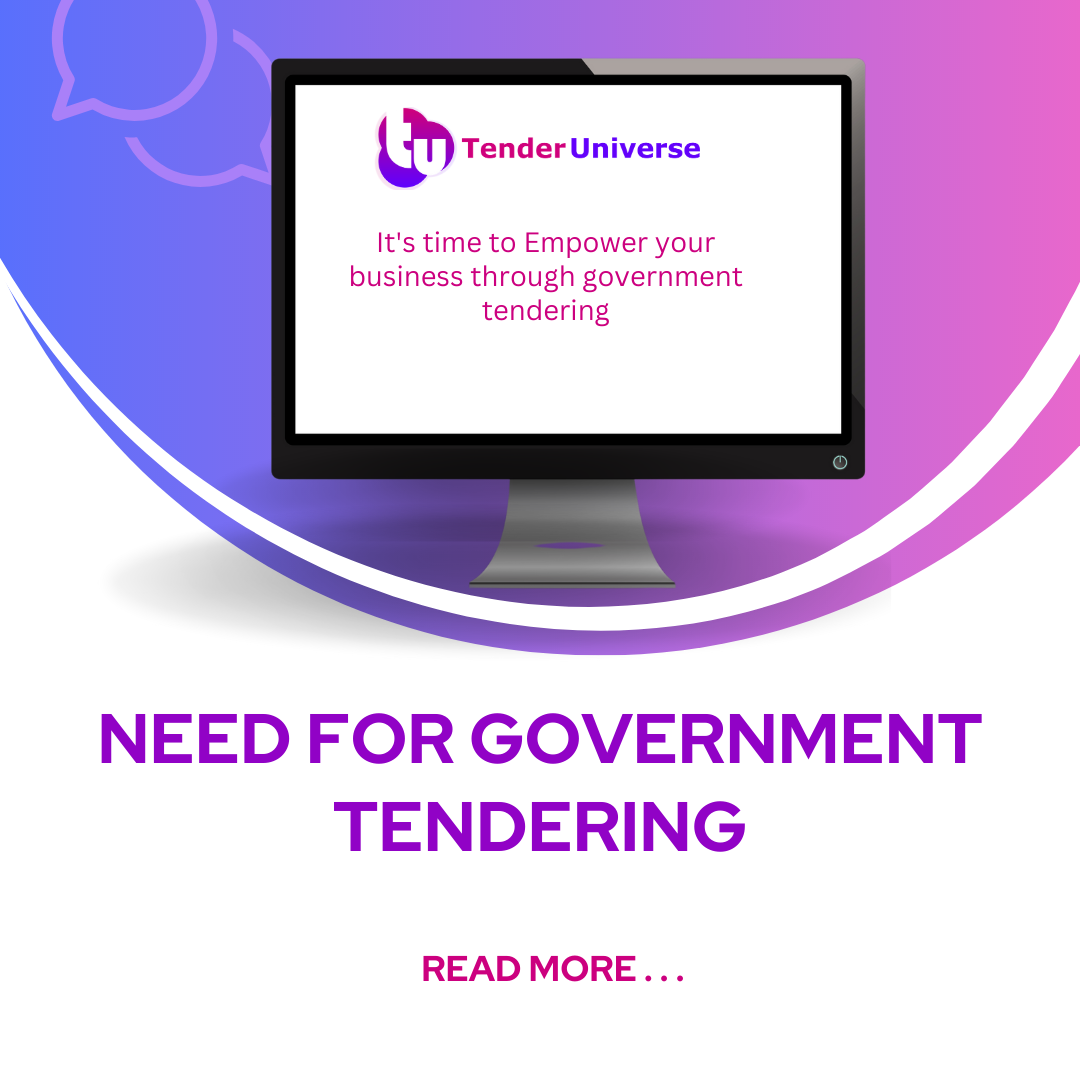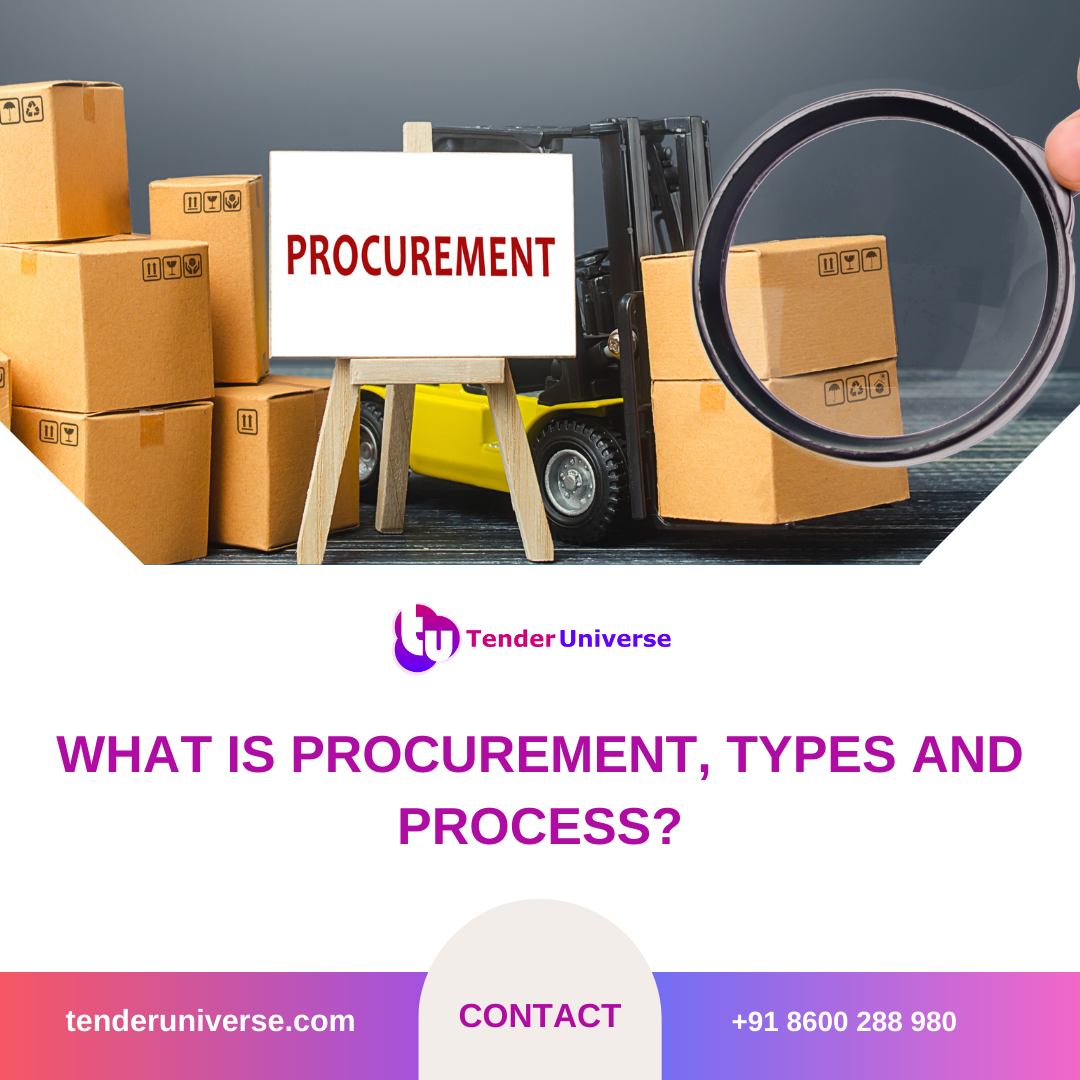.png)
How government tender works in India
Government tenders are contracts that are issued by various government entities, including federal, state, and local agencies, for goods and services they require. These tenders are open to businesses of all sizes, from small and medium-sized enterprises (SMEs) to large corporations, and they can be lucrative opportunities for those who win them. However, understanding how government tenders work can be a challenge, especially for beginners. In this guide, we'll cover the basics of government tenders to help you get started.
Identifying tender opportunities: The first step is entering into a government tender is to identify relevant opportunities. You can do this by keeping an eye on public tender notices on government websites or through tender notification services. Once you have identified a tender opportunity that is relevant to your business, you can begin the process of bidding for the contract.
Bid preparation: To prepare a bid for a government tender, you'll need to gather information about the requirements and specifications of the contract. This may include information about the quantity and quality of goods or services required, delivery timelines, and any relevant certifications or accreditations that your business must possess. You'll also need to provide pricing information, including any discounts or incentives that you may offer to win the contract.
Proposal submission: Once you have prepared your bid, you'll need to submit it to the relevant government agency. The submission process will vary depending on the agency and the type of tender, but it typically involves submitting a written proposal that outlines your business's capabilities and how you plan to fulfill the requirements of the contract.
Evaluation and selection: After the submission deadline, the government agency will evaluate the bids that have been received. They will review the proposals and compare them against a set of criteria that have been established for the contract. These criteria may include price, quality, delivery timelines, and other factors that are important to the agency. The agency will then select the bid that best meets their needs and award the contract to the winning bidder.
Contract management: Once a contract has been awarded, the winning bidder will be responsible for fulfilling the requirements of the contract. This may involve providing goods or services on a specified timeline, maintaining quality standards, and adhering to any other terms and conditions that have been set out in the contract. The government agency will monitor the performance of the winning bidder to ensure that they are meeting these requirements.
In conclusion,. By identifying relevant tender opportunities, preparing a strong bid, submitting a compelling proposal, and fulfilling the terms of the contract, By keeping these key points in mind, one can participate in government tenders with confidence and success.


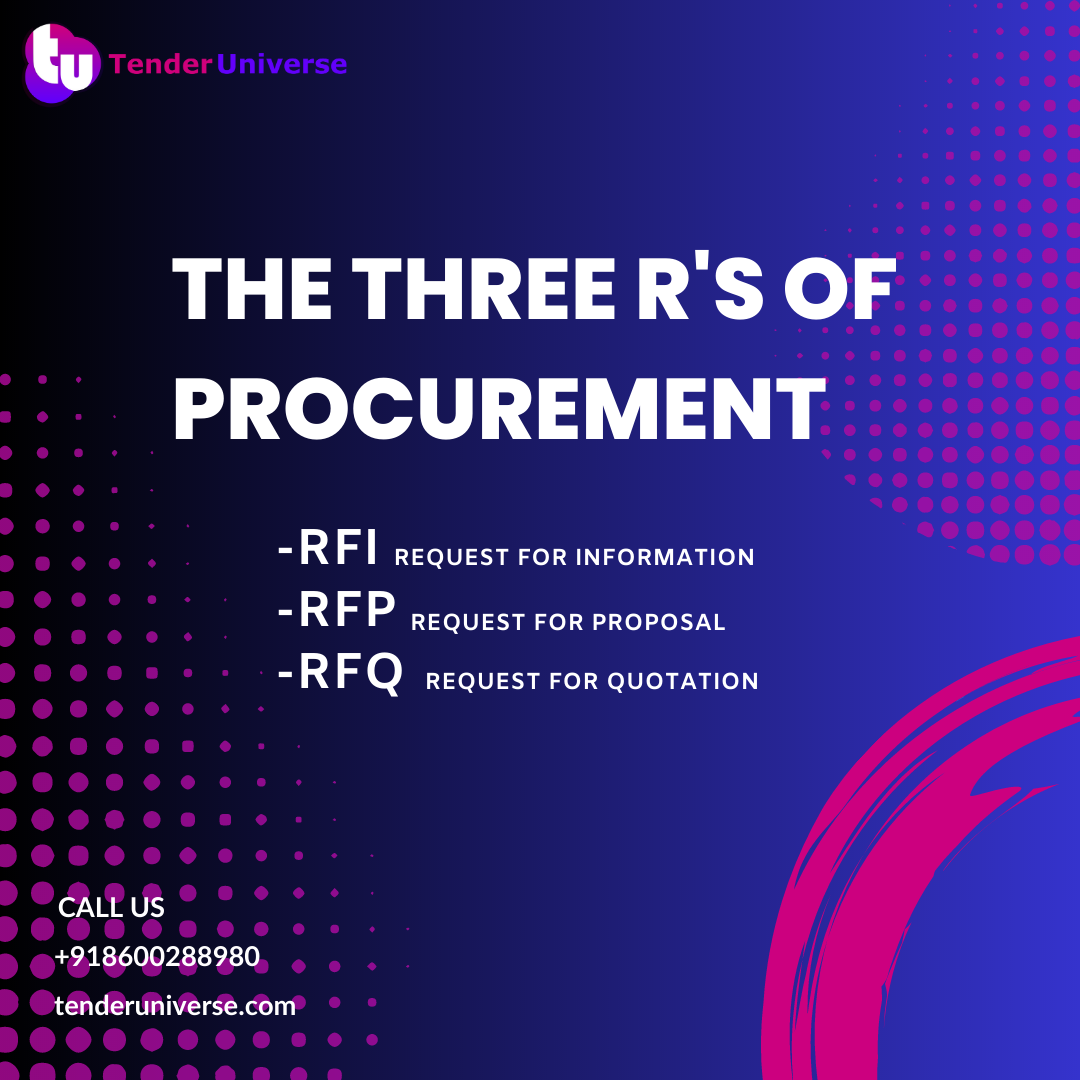
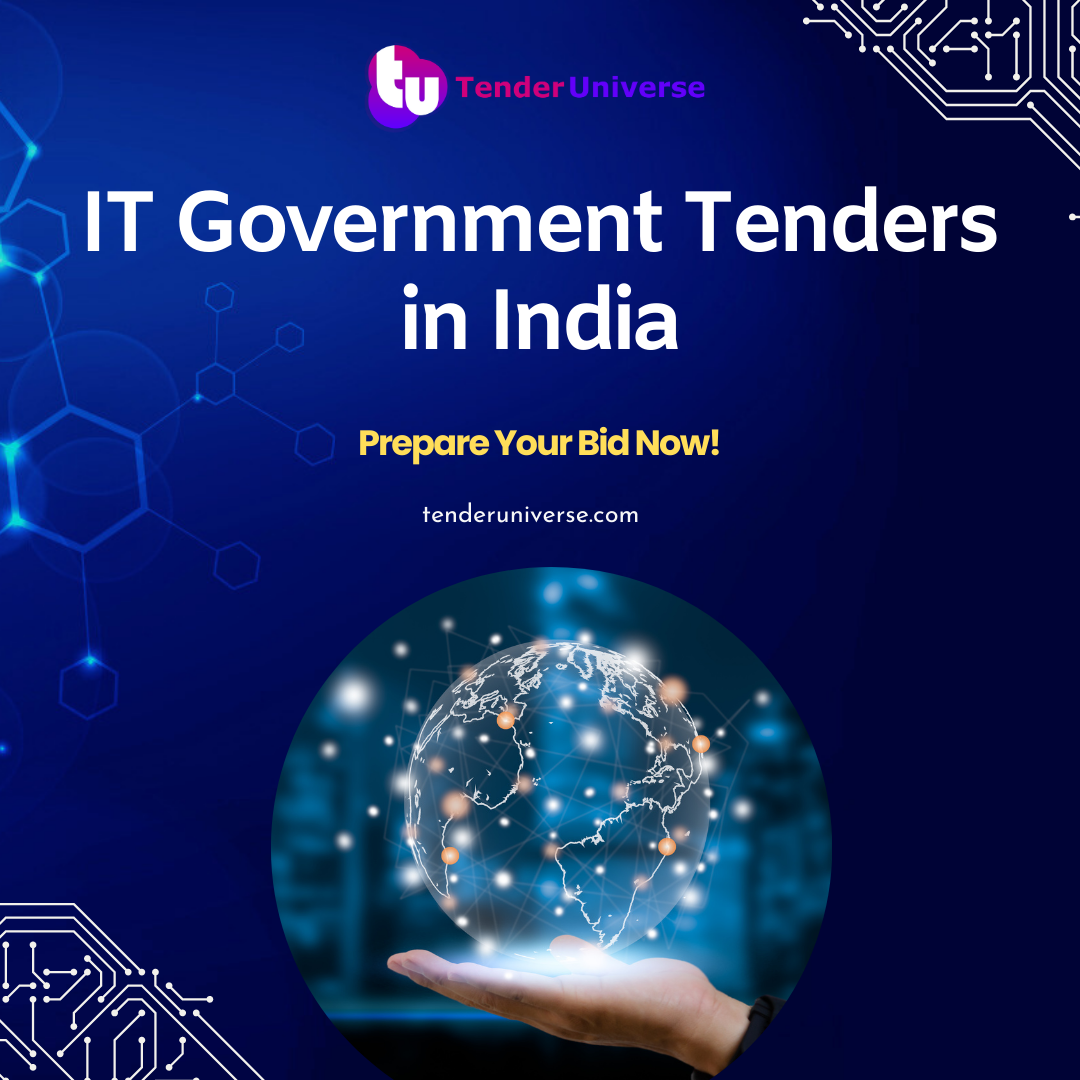

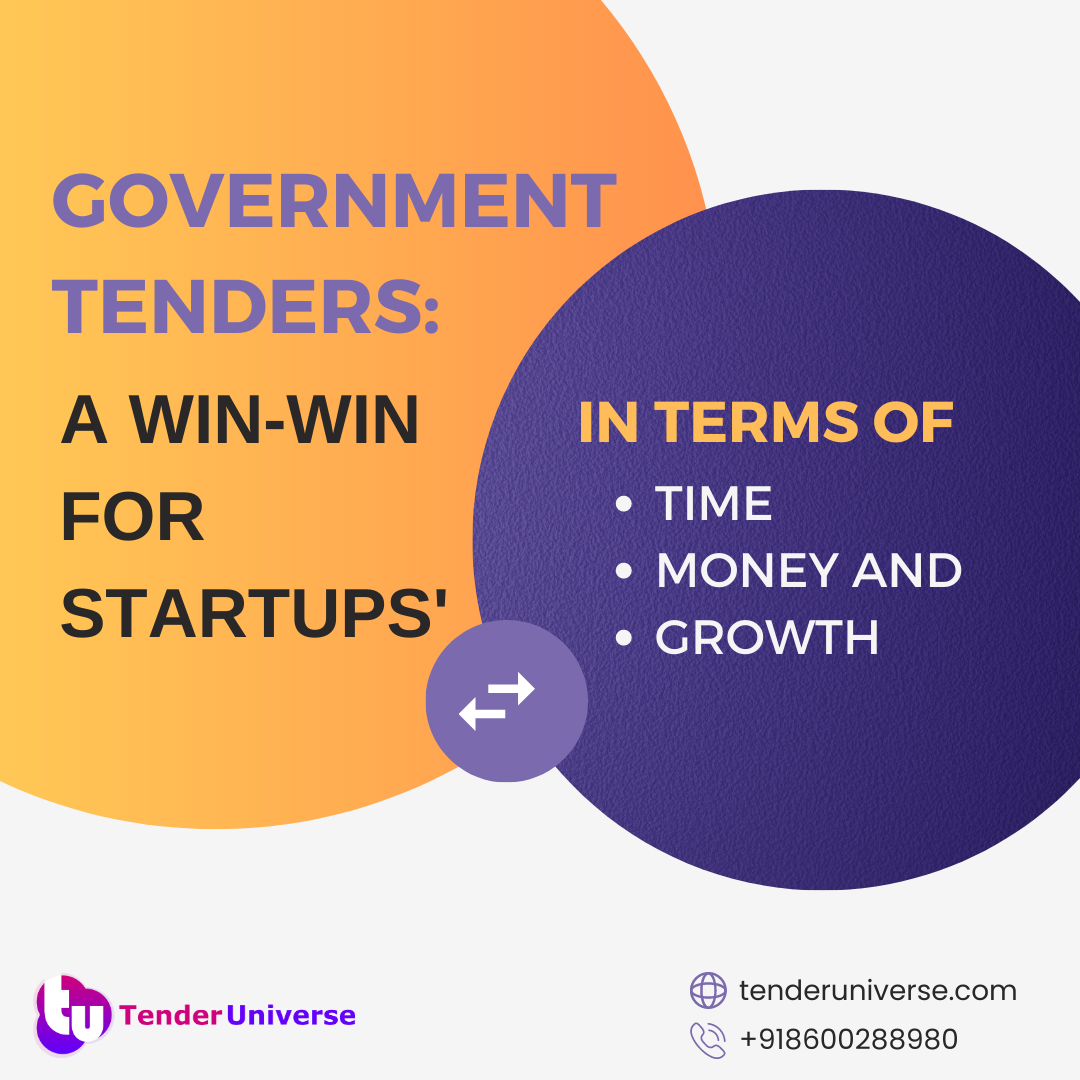



.png)
